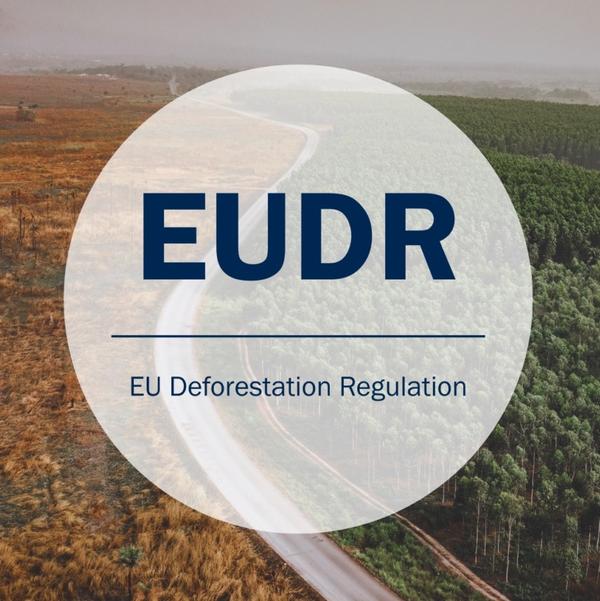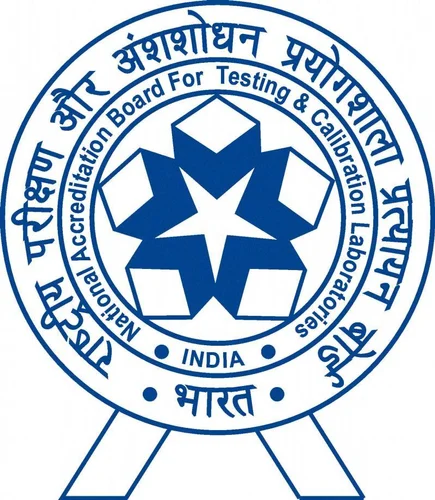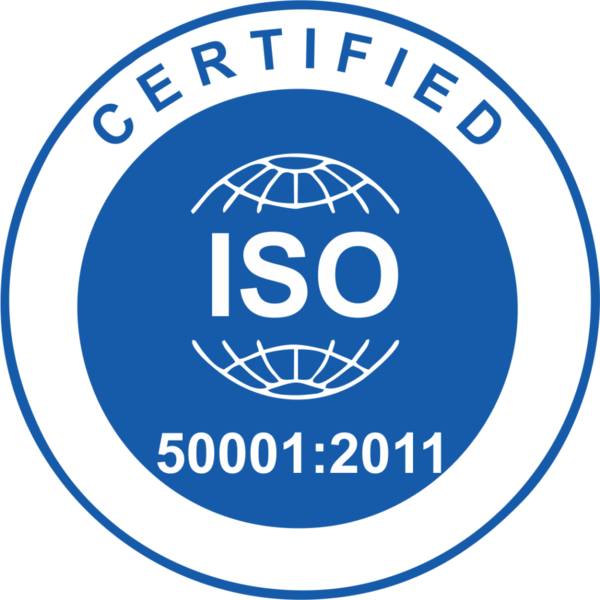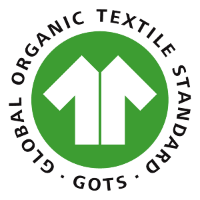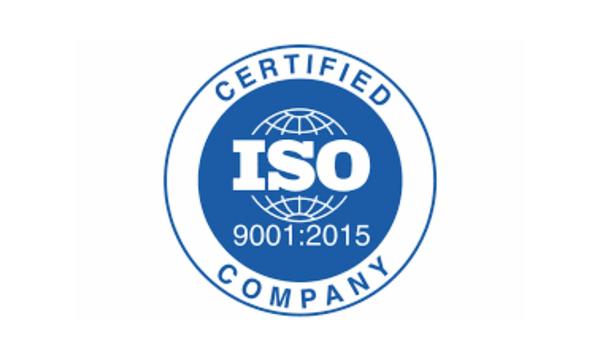EU Deforestation Regulation (EUDR) Consulting Services By Shark Certification Pvt. Ltd., Indore – Guiding You Toward Responsible Sourcing and Regulatory Compliance The European Union Deforestation Regulation (EUDR) is a game-changing directive that affects a wide range of industries sourcing commodities linked to deforestation. At Shark Certification Pvt. Ltd., we offer expert consulting services to help businesses across India and beyond understand, comply with, and implement EUDR requirements effectively. 🌍 What is the EUDR? The EUDR aims to eliminate deforestation from supply chains by requiring businesses to ensure that their imported or exported products are not linked to illegal deforestation or forest degradation. This regulation applies to commodities like soy, cocoa, palm oil, coffee, cattle, timber, and rubber—and extends to derived products such as leather, paper, and furniture. If your company trades with the EU or supplies to EU-based partners, EUDR compliance is not optional—it's essential. 🛠️ Our EUDR Consulting Services Shark Certification Pvt. Ltd. offers complete support for businesses affected by the EUDR. Our services are built around clarity, compliance, and sustainable growth: ✅ 1. EUDR Impact & Compliance Assessment We analyze your supply chain and business processes to evaluate how EUDR applies to your operations. Our assessment covers: Product origins and sourcing practices Supply chain traceability gaps Legal and compliance risks Documentation readiness ✅ 2. Strategy & Implementation Support We guide your organization in aligning with the EUDR through tailored implementation plans, including: Building traceability and tracking systems Revising procurement and supplier policies Supplier onboarding and risk evaluation ✅ 3. Due Diligence & Risk Mitigation The EUDR mandates strong due diligence mechanisms. We help you: Conduct risk assessments for high-risk supply chains Develop mitigation strategies Monitor ongoing compliance ✅ 4. Staff Training & Capacity Building Our specialized training modules help teams across departments understand: EUDR regulatory expectations Risk identification and documentation Day-to-day roles in maintaining compliance ✅ 5. Reporting & Documentation Support We assist in organizing and managing documentation needed to demonstrate compliance, including: Due diligence statements Supplier declarations Verification records for product origins and legality 🤝 Why Partner with Shark Certification Pvt. Ltd.? ✔️ Expertise in Global Sustainability Regulations ✔️ India-based, globally aligned consulting ✔️ Customized solutions for SMEs and large enterprises ✔️ Efficient implementation and audit readiness ✔️ Ongoing compliance support We work closely with manufacturers, exporters, importers, and suppliers to help them meet the requirements of the EUDR and remain competitive in environmentally conscious markets.

